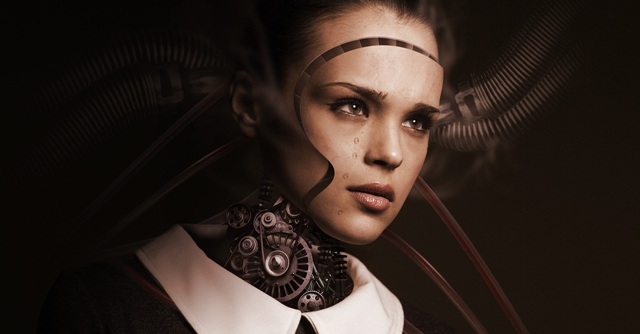
Amid responsible AI concerns, OpenAI now under fire for AI voice imitation accusation


After the exit of some of the prominent members last week, OpenAI finds itself amid a new challenge. Actress Scarlett Johansson released a statement claiming that OpenAI has a voice ‘eerily similar’ to her own for the new chatbot audio mode Sky. To be sure, ChatGPT offers four voice options named — Breeze, Cove, Ember, Juniper and Sky.
Johansson said that she was approached by OpenAI chief Sam Altman in September last year about voicing the new chatbot. Altman had alleged said that by voicing the chatbot, Johansson could bridge the gap between tech companies and creatives, and “help consumers to feel comfortable with the seismic shift concerning humans and AI.”
As per Johansson’s account, Altman tried reaching out again even two days prior to the launch of the chatbot, prompting her to reconsider the proposition. To be sure, OpenAI introduced a range of capabilities to ChatGPT with the announcement of GPT-4o language model that accepts text, voice, and image (or a combination of these) input to generate multimodal outputs. As noted by several users, the audio capabilities, dubbed ‘Sky’ sounded like Johansson’s in the sci-fi movie ‘Her’. Altman, too, later tweeted ‘Her’, possibly referencing the movie.

“In a time when we are all grappling with deepfakes and the protection of our own likeness, our own work, our own identities, I believe these are questions that deserve absolute clarity," Johansson said in her statement.
OpenAI issued a blogpost on Sunday denying the claim. “We believe that AI voices should not deliberately mimic a celebrity's distinctive voice — Sky’s voice is not an imitation of Scarlett Johansson but belongs to a different professional actress using her own natural speaking voice. To protect their privacy, we cannot share the names of our voice talents,” it said. Currently, the Sky stands suspended.
The actress’ accusation follows other troubles brewing at the Microsoft-backed AI company. Ilya Sutskever, OpenAI co-founder and chief scientist resigned from the company. While he did not state his reason, several media reports credit it to his ongoing disagreements with the company. When OpenAI’s board ousted Altman in November, Sutskever was part of the board. The two have disagreed on the pace of AI development, in the past.

Shortly after, OpenAI lost head of alignment and superalignment lead at OpenAI, Jan Leike. Unlike Sutskever, Leike announced his resignation through a series of tweet stating urgent need to introduce measures to control AI systems that are much smarter than humans.
Ongoing disagreements with the company's leadership regarding its core priorities. Leike stressed the urgent need to address critical issues in steering and controlling AI systems that are much smarter than humans. He underscored the importance of focusing on the next generations of AI models, security, monitoring, preparedness, safety, adversarial robustness, alignment, confidentiality, and societal impact.
Notably, OpenAI has dissolved the superalignment team following these departures. Moving ahead, the team, instead of acting as a standalone entity, will be integrated across different research groups, as reported by Bloomberg.

